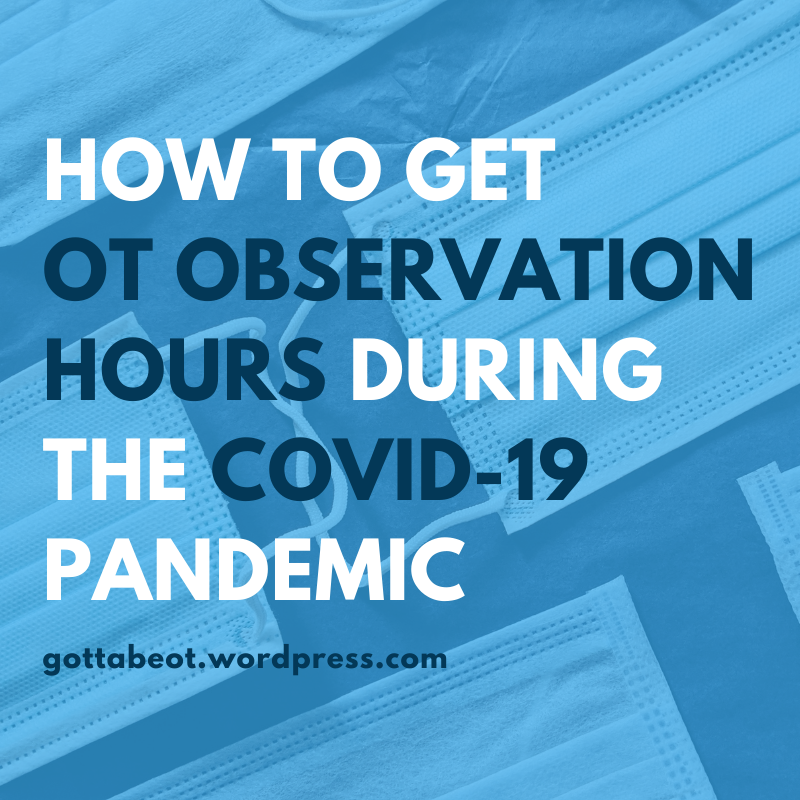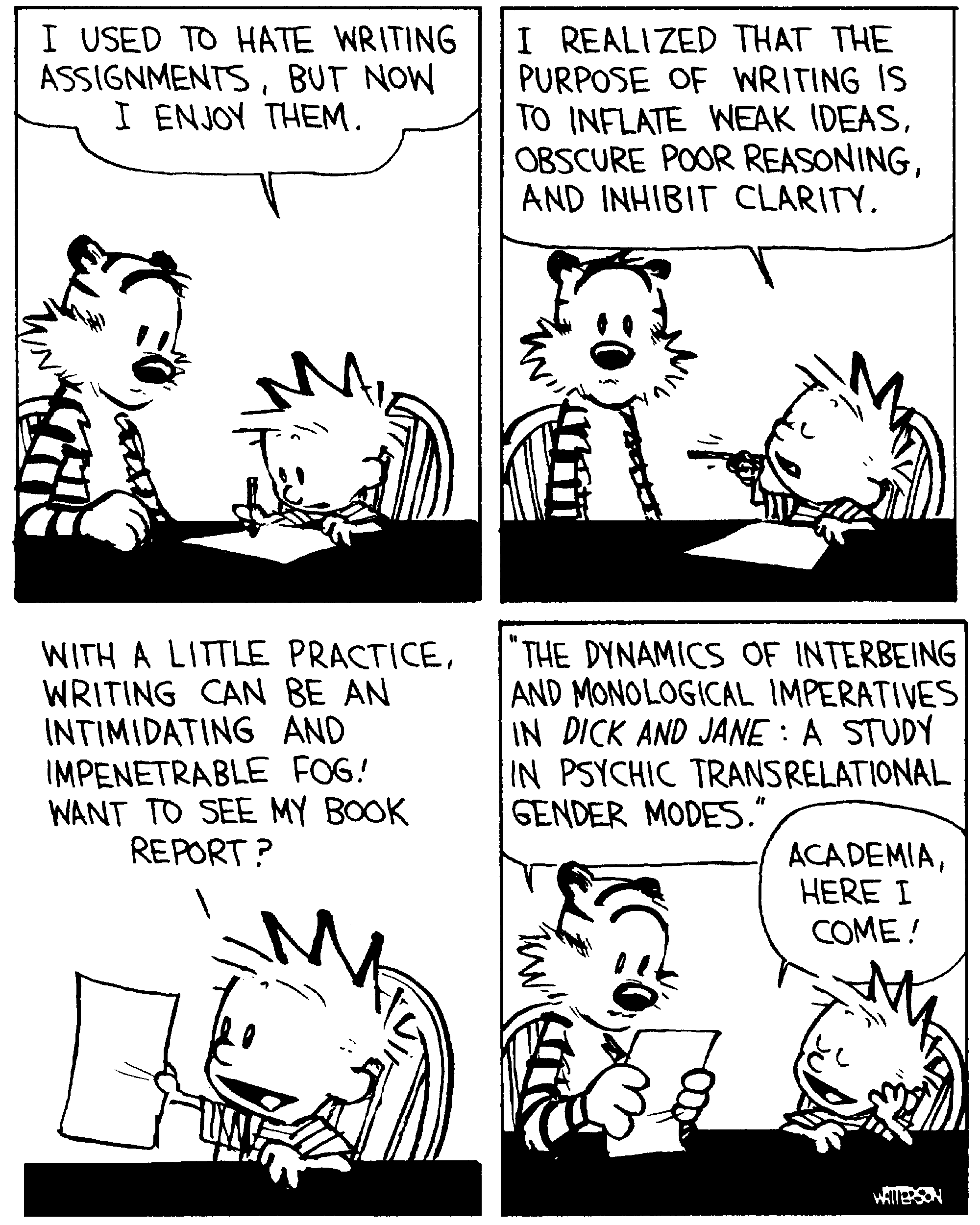
Although most states are now easing restrictions related to the COVID-19 pandemic, many prospective OT students are left with few options for ways to gain observation hours. Many medical facilities like hospitals, skilled nursing facilities, and outpatient clinics are suspending volunteer services, strictly limiting visitors, and postponing, shortening, or canceling student placements. Additionally, schools have been closed for months and many OT practitioners have transitioned to telehealth settings with varying degrees of interaction with their students. Community-based settings have also been impacted as home-based providers have had to modify the ways in which they interact with and provide interventions for people in their homes or other communities.
If you’re a prospective occupational therapy (or other allied health profession) student, the situation may seem hopeless. Volunteer positions you lined up in OT clinics may have been canceled, volunteer programs suspended, or shadowing experiences shuttered – and with them your plans for earning the observation hours and experiences required by most programs. Fortunately, all is not lost!
The difficulties created by the COVID-19 pandemic have created a unique opportunity to highlight how your ability to think creatively and overcome unforeseen challenges in order to achieve your goal makes you even more prepared to work as an occupational therapy practitioner who will be doing the same with future clients.
Additionally, many if not all OT programs have modified their admissions requirements for the 2020-21 review cycle that takes into consideration barriers students face to getting observation hours during the pandemic. If you are currently applying to OT programs, it is absolutely crucial that you carefully review each program’s website for the most up-to-date information about program-specific modules/books/etc. that are required in addition to or in lieu of traditional observation hours.
If you are struggling with the loss of opportunities to obtain observation hours but you are still determined to become an OT or OTA, read on to learn how you can use creative avenues to learn about the profession and gain useful insights that will strengthen your applications!
Continue reading


